Buy Alrubicin : Epirubicin 100 mg Injection Online
$51.96
Brand Name : Alrubicin
Composition : Epirubicin
Manufactured by : Cytomed(A division of Alkem)
Strength : 100mg
Form : Injection
Packing : Pack of 1 Vial
Prescription Required *
Alrubicin (Epirubicin 100 mg Injection) is a prescription medicine used to treat various types of cancers, such as breast cancer, ovarian cancer, lung cancer, bladder cancer, and lymphoma.
HOW TO USE/Alrubicin:
Alrubicin (Epirubicin 100 mg Injection) should be administered by a healthcare professional, preferably in a hospital setting. The dosage and duration of treatment depend on your medical condition, response to treatment, body weight, and other medications you may be taking.
Storage Conditions:
Store Alrubicin (Epirubicin 100 mg Injection) in its original packaging at room temperature (between 20-25°C) in a dry and cool place, protected from light. Keep it out of the reach of children and pets.
Mechanism of action:
Epirubicin is an anthracycline chemotherapy drug that works by interfering with DNA synthesis, which leads to the inhibition of cancer cell proliferation and growth. It also causes DNA damage and cell death.
Precautions:
Before taking Alrubicin (Epirubicin 100 mg Injection), inform your doctor if you have any medical history of heart disease, liver or kidney problems, bleeding disorders, or if you are pregnant or breastfeeding.
Contraindications:
Alrubicin (Epirubicin 100 mg Injection) is contraindicated in patients with hypersensitivity to the active ingredient or any of the ingredients in the injection. It should not be used during pregnancy or breastfeeding.
Drug Interactions:
Alrubicin (Epirubicin 100 mg Injection) may interact with other medicines you are taking, which may affect how the drug works or increase the risk of side effects. Therefore, tell your doctor about all the medications you are taking, including prescription drugs, over-the-counter medicines, vitamins, and herbal supplements.
Overdose:
If you suspect an overdose of Alrubicin (Epirubicin 100 mg Injection), seek immediate medical attention or call the poison helpline.
Side Effects:
Alrubicin (Epirubicin 100 mg Injection) may cause some side effects, such as nausea, vomiting, diarrhea, loss of appetite, fatigue, hair loss, mouth sores, fever, chills, infection, anemia, low white blood cell count, and heart and liver toxicity. Contact your doctor if these symptoms persist or worsen, or if you experience any other unusual symptoms.
Be the first to review “Buy Alrubicin : Epirubicin 100 mg Injection Online” Cancel reply
Related products
Anti Cancer
Anti Cancer
Anti Cancer
Anti Cancer
Anti Cancer
Anti Cancer


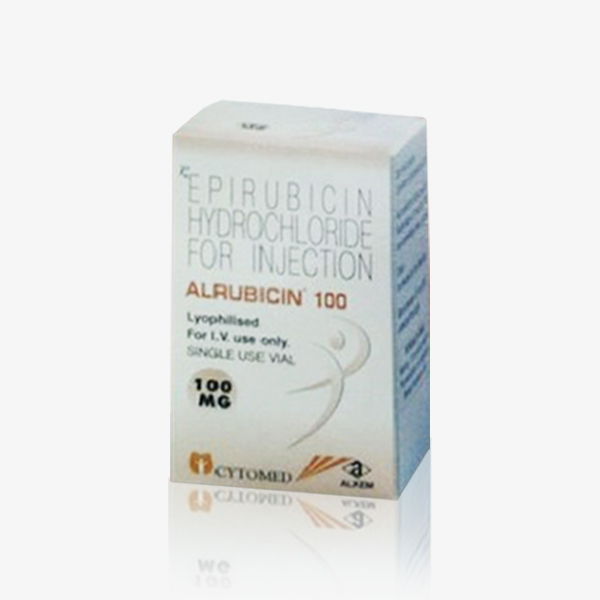
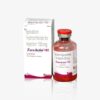

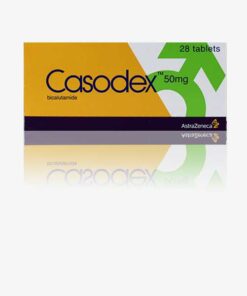
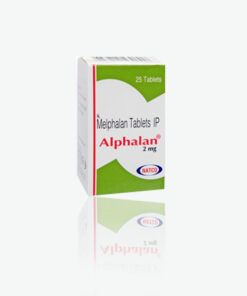
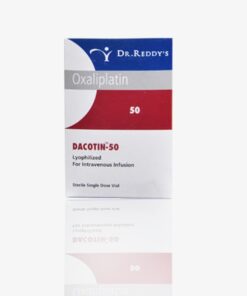
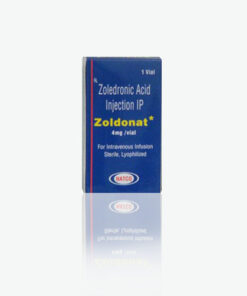
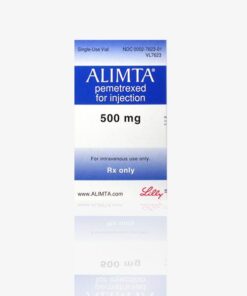
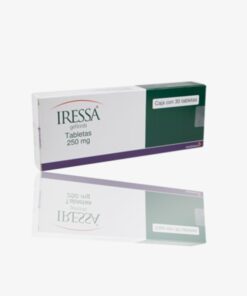
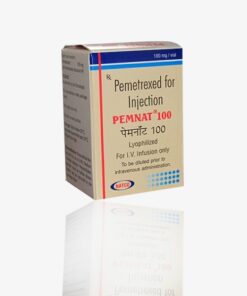
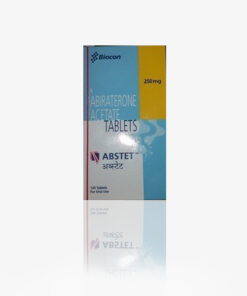
Reviews
There are no reviews yet.